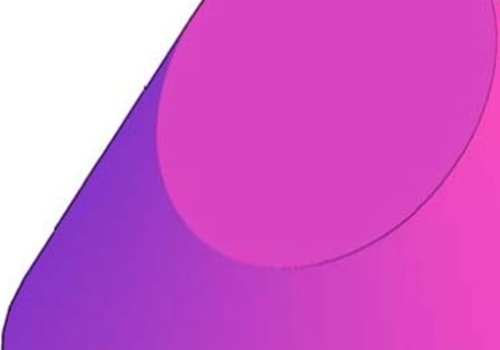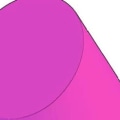Truncation, also known as derivation, is a technique used to broaden the search to include multiple word endings and spellings. To use truncation, you enter the root of a word and add a truncation symbol at the end. Truncated means shortened, as if a portion has been cut off. The verb to truncate means to shorten something in this way. Truncation is widely accepted in newspaper headlines, especially in tabloids, even if the story is a news article.
It is also known as wildcard search and allows you to search for a term and its spelling variants. To truncate a search term, do a keyword search in a database, but remove the end of the word and add an asterisk (*) to the end of the word. When using truncated sentences, it's important to consider sentence structure. Short, simple sentences or truncated sentences can create tension, haste or urgency, while longer compound or complex sentences are slower and often appear in formal texts. Additionally, don't use too many truncated sentences in a row as this may seem unnatural and make the reader or listener feel like they are being bombarded. In this truncated pyramid he distinguished, or thought he distinguished, one or more of the peoples of the Moquis.
Truncation allows you to simultaneously search for different forms of a word and will increase the number of search results found. To emphasize what is being said, truncated sentences can be useful to draw attention to the main points. Using short sentences gives the other person more time to pause and think about what is being said, creating a greater impact. An additional phrase possibly from a real interview Goodall conducted with Aplin followed by a stolen (and truncated) one can reinforce what is being said. He said that it must be translated as it really was: less lyrical, more truncated, almost a little harsh. As an adjective, truncation can be used in several specialized ways, all of which describe things that have been shortened or that seem shortened or cut. You can truncate a tree trunk by cutting it down to the stump, but truncated is not commonly applied to physical things.











